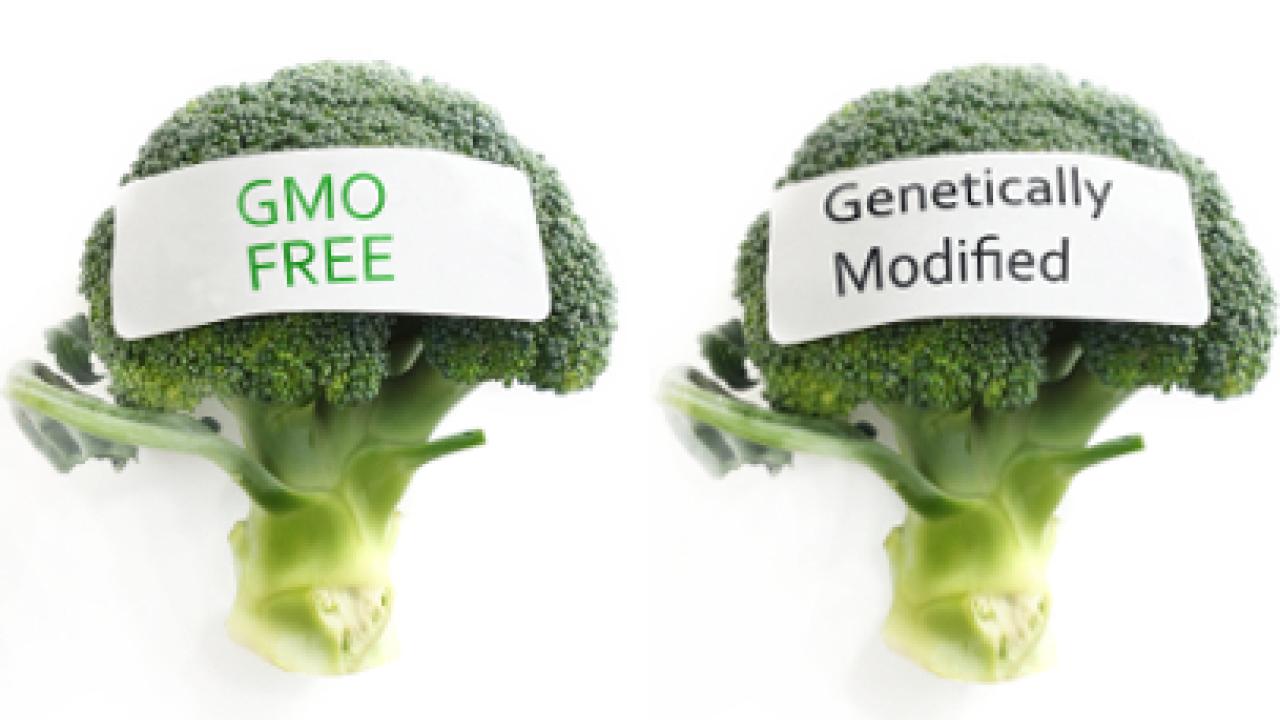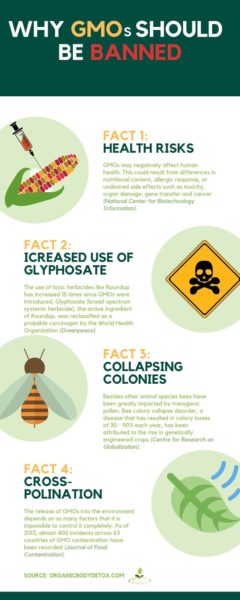awareness toward gm food
In addition we assess. The data showed that Chinese consumers in developed regions the Eastern Central and Northeast.

What Do Consumers Think Of Gmos
You may have even read coverage on our site from GMO general information or reports of products like Cheerios dropping GM ingredients and stores like Whole Foods going GMO-free.

. In a series of studies the team discovered that peoples existing knowledge about GM food is the greatest determining factor of their attitudes towards the foodoverriding all other tested factors. We thoroughly examine American opinions about a variety of existing genetically modified GM food products and gauge reactions to possible future products with direct and indirect consumer benefits. 1 Foods without labeling which does not indicate whether or not the food contains GM products 2 Foods labeled as not containing GM.
About 60 customers and sales person of 10 retail outlet are considered for survey. File photo Our society appears surprisingly polarized on genetically modified crops. A Nationwide Chinese Consumer Study Abstract.
July 2017 In 2013 FSANZ commissioned Newspoll to conduct a population survey of Australians and New Zealanders to understand their awareness attitudes and behaviours toward food fortification. This has generated worldwide. China Daily Updated.
Those that are more aware of GM products are more likely to accept GM labeled foods. To capture public awareness whether consumers know that the products they purchase or consume are GM products and attitudes toward GM foods with different types of labeling we choose foods with three types of labeling. The survey included an option for people with limited familiarity about GM foods to indicate this.
A 20-public median of 48 say genetically modified or GM foods are unsafe to eat while a much smaller median of 13 say GM foods are safe. Western consumers have positive attitudes toward gene-edited foods two new studies find. Western consumers tend to have a generally positive view about genome-edited foods though their awareness of the technology remains low two new studies have found.
Genetically modified GM technology is a highly controversial topic for. The group having the most positive attitude toward GM-labeled foods is the media followed by agricultural officials while the group having the most negative attitude toward GM labeled. A recent study into public attitudes towards genetically modified.
The respondents with a lack of confidence in the government are less likely to embrace GM foods. Chinese consumers acceptance of and willingness to buy GM foods was much higher than in other countries. After more than 25 years of research and development on the genetic modification of a wide range of crops for.
One-quarter say this is very likely and an additional 44 say this is fairly likely. Based on the findings of this study and given that our. Basic Assumptions and Approach Adopted in this Research Many Chinese consumers have unknowingly consumed GM foods eg edible oils in their daily diet.
Consumers awareness attitudes and behaviours towards food fortification in Australia and New Zealand survey 2013 Page Content. And emotions that mostly work under the radar of conscious awareness but are. Awareness of GM food.
Speaking at the 2006 Agricultural Biotechnology International Conference in Melbourne Craig Cormick manager of public awareness for Biotechnology Australia said that consumer. Irradiation and the use of genetically modified organisms GMOs or products produced from or by GMOs are. Awareness and attitudes toward GM food with different labeling in China.
For some of us GMOs trigger opinions on everything from farm-raised fishing to confusing labeling laws. Customer towards organic food and to find out various facilitating obstructing constructs in organic food usage. Americans have mixed expectations about the likely effects from genetically modified foods with many expressing both optimism and pessimism about consequences of GM foods.
Respondents all consumers expressed near-unanimous 97 percent awareness of GMOs although many were sketchy on the details. A more comprehensive picture depends on future research on a much larger scale. At one extreme hardcore proponents.
We begin by investigating American awareness of and attitudes toward plant and animal biotechnology in the broad sense. A median of 37 say they dont know enough to offer a view about the safety of GM foods. On the type of food being considered.
To capture public awareness whether consumers know that the products they purchase or consume are GM products and. The results of a more recent survey by Rutgers University found even lower knowledge with just 43 knowing that GM products are sold in supermarkets 26 believing that they have probably eaten a GM food 54 reporting that they knew very little or nothing at all and 25 admitting that they had never heard of them all of which indicates that awareness of. This survey also covers discussions on.
Chinese consumers also demonstrated great variance in their acceptance of different GM foods. Public perception of genetically-modified GM food. Previous research has shown that more than half of Americans know very little or nothing at all about genetically modified food.
Foods has confirmed that attitudes change significantly depending. One survey conducted by the United Kingdoms Food Standards Agency FSA looked at attitudes. Most of the public expects GM foods to increase the global food supply.
According to our first survey carried out from 2007 to 2008 knowledge of GM foods played an important role in influencing consumers purchasing behavior of GM foods as indicated by the coefficients of Awareness and Attitudes being highly significant. Using computer assisted telephone. Information and prices of GM foods were two important factors affecting consumers attitudes toward GM foods.
Determine consumers awareness and acceptance towards GM foods in Nanjing a coastal city in eastern China. 1 Although GM foods had helped sustain the nutritional needs of human beings and farm animals and mounting evidence showed that GM foods were substantially equivalent to traditionally bred food sources it has also sparked fierce debate about its safety. Genetically modified organisms GMOs have met with enormous public opposition over the past two decades.
In 2016 global land use for GM crops reached 1851 million hectors.

Science Says An Honest Discussion On The Labeling Of Gmos


0 Response to "awareness toward gm food"
Post a Comment